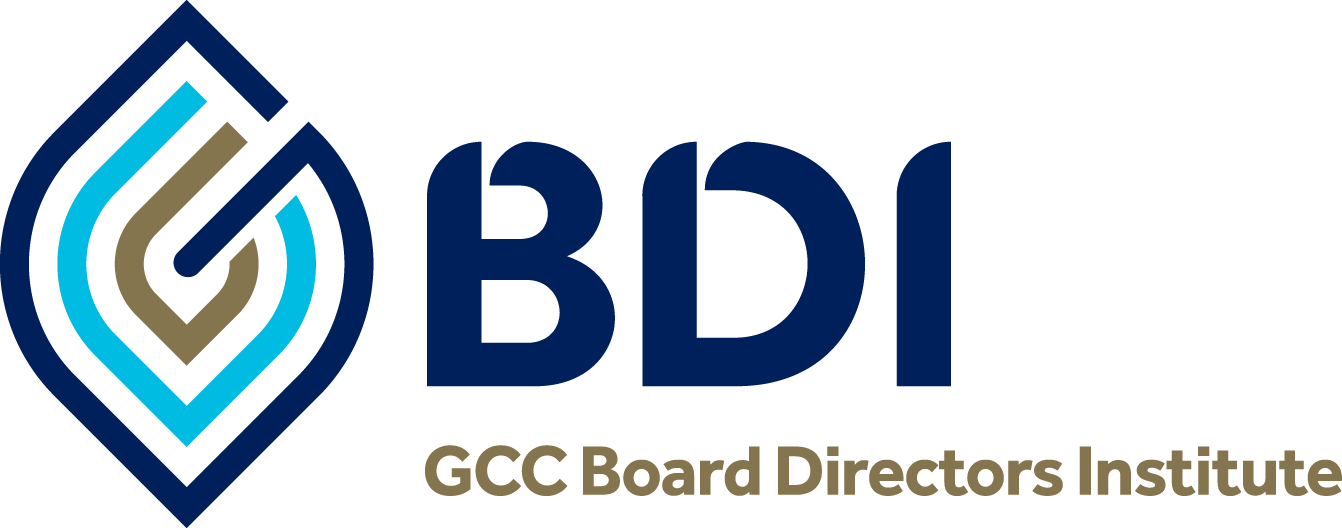Published: April 2023

The SAIP issued a draft intellectual property (IP) legislation (the “Draft IP Legislation”) in line with the National Intellectual Property Strategy adopted earlier this year aiming to revitalize the KSA IP System for supporting and developing an economy based on innovation and knowledge. The Draft IP Legislation was issued on 5 April 2023 and will remain in public consultation until 3 May 2023.
We summarise below some of the most notable sections of the new draft.
Main objectives:
This Draft IP Legislation provides an umbrella legislation aiming among others to:
1. Harmonize and provide certain consistency between the various existing specialised IP legislations including those pertaining to patents, industrial designs, copyright, and trade secrets;
2. Encourage research, development, innovation and entrepreneurship in IP, and motivating researchers and innovators to generate and exploit their innovations;
3. Enhance the competitiveness in the IP sector, and providing an attractive environment for investment in this sector; and
4. Provide a legal guidance framework addressing the latest developments on the local and international level as well as the resulting legal uncertainties with respect to IP, including in relation to artificial intelligence and other emerging technologies and innovations.
IP with respect to Artificial Intelligence and other emerging technologies:
Notably, the Draft IP Legislation addresses one of the most dilemmic IP areas which relates to the IP protection and ownership of creations generated by or through artificial intelligence and other emerging technologies (the “AI”). According to the Draft IP Legislation:
1- IP generated through AI is eligible for protection when the contribution of a natural person to that IP is prominent.
2. Otherwise, if the contribution of a natural person is not prominent or in case where the IP has been generated by AI independently form a natural person, the IP is not eligible for protection and will fall in the public domain.
3. In case of protection eligibility, IP ownership would go to the person who made the required arrangements to obtain the IP.
4. To encourage its protection, SAIP shall provide a fast track for the examination of IP pertaining to innovations in emerging, modern, advanced technologies and AI.
Accordingly, this section is clearly ruling out the possibility of AI (or any other emerging technology) to be considered as inventor, creator or owner of any IP generated by or through it.
Role of Government and Research Institutions in the Enablement of IP:
Another notable aspect addressed by the Draft IP Legislation is the role of government entities and authorities, as well as research institutions in enabling IP assets through the creation, protection, management and commercialization of these.
Among the notable requirements are:
1. Governmental entities are required to have R&D and IP policies in the frame of their mandate, and to provide for IP provisions in their agreements with third parties for preserving and managing these.
2. Competent scientific authorities are required to support scientific research which results in the development of IP rights and to provide the required facilities for researchers to achieve these without compromising on these IP rights.
3. Competent authorities are required to provide and enable alternative dispute resolution mechanisms for resolving IP issues, and to provide training on these to specialised persons.
4. Government agencies and research centers in the Kingdom must promote the use of IP they own or manage, preserve its rights, maintain it, market it, and develop plans to maximize its value and investment. The way to achieve this is to share the IP they own with national startups to support the exploitation, investment, management and commercialization of these IP rights.
5. Funds, Accelerators and Incubators are required to address IP in the projects it funds or supports, and, in coordination with SAIP, to put in place the required policies regulating its development, management, ownership and exploitation.
IP related to National Security and Space Activities:
Some notable provisions in this section are:
1. IP protection of applications pertaining to national security or other sensitive sectors within the Kingdom will be subject to special procedures in accordance with the specialised IP laws;
2. Space activities shall be subject to the specialised IP laws for the acquisition, protection and exploitation of related IP rights;
3. IP rights resulting from scholarships funded by government agencies in the Kingdom in relation to outer space shall be transferred to the competent authority; and
4. Any act of infringement taking place in the outer space over IP rights resulting from funded projects is considered to occur within the kingdom.
Other Sections:
The Draft IP Legislation provides sections pertaining:
1. Joint IP Ownership and IP in the frame of contractual relationships;
2. Assignment and Licensing of IP Rights;
3. Permit for the exercise of IP activities and appointment of experts;
4. Litigation and enforcement procedures; and
5. Final Provisions.
Invite for Feedback:
The Draft IP Legislation is open for public consultation which closes on 3 May 2023. During this period, we will be preparing and submitting our comments on the Draft IP Legislation.
We believe that your contributions and feedback are crucial in developing a well-rounded and inclusive intellectual property system in Saudi Arabia. Therefore, we invite you to share your thoughts, suggestions, and opinions on the draft consultation paper in the comments section below or by email to 3IP@tamimi.com.
How Al Tamimi & Company can help?
Al Tamimi and Company will be sharing an “unofficial” English translation of the Draft IP Legislation shortly.
They will be closely monitoring the development in this space and will be updating you accordingly. Please stay tuned, and feel free to email them for any queries.
Key Contacts
Ahmad Saleh
Partner, Head of Innovation, Patents & Industrial Property
ah.saleh@tamimi.com
